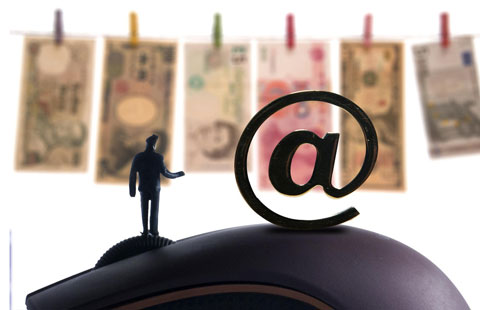Wary of rebound, China tightens grip on property
(Xinhua) Updated: 2012-07-27 14:11China's gross domestic product grew 7.6 percent in the second quarter, the lowest level in more than three years, sparking speculation that the central government might ease property curbs to shore up growth.
The central bank cut benchmark interest rates for the first time since December 2008 in June and further slashed the rates earlier this month to support a softening economy.
Property investment accounts for about 13 percent of GDP and one-fifth of fixed-asset investment.
Possible new property-targeting policies may include an expansion of the property tax trials to more cities and stricter collection of fees and taxes on housing transactions, the China Index Academy report predicted.
Zou Xiaoyun, an expert with the Ministry of Land and Resources, said the government may first increase the tax rates on secondhand home transactions to further curb speculative trading.
Chen Guoqiang, vice chairman of the China Real Estate Society, expects the government to speed up work on a regulation that will facilitate the construction and distribution of low-income housing to guarantee an adequate supply on the market.
Local authorities may face punishment if home prices rise too fast or the construction of affordable housing lags behind in their jurisdiction, Chen noted.
China has vowed to build 36 million affordable housing units during the 2011-15 period in a bid to meet the demands of low-income families and cool the property market.
Other control measures adopted since 2010 have included restricting home purchases in several cities, requiring higher down payments and introducing property taxes.
- Xinjiang's installed new energy capacity exceeds 24m kw
- China fines sea freight shipping companies for price fixing
- UBS forecasts China Q4 growth at 6.9%
- China's forex moves to increase volatility, trading volume
- Winter fishing in ice-covered Changling Lake in Harbin
- China tackles charging bottleneck
- Bopai latest to exit from online auto market
- China's overcapacity cut will not cost a lot of jobs

















